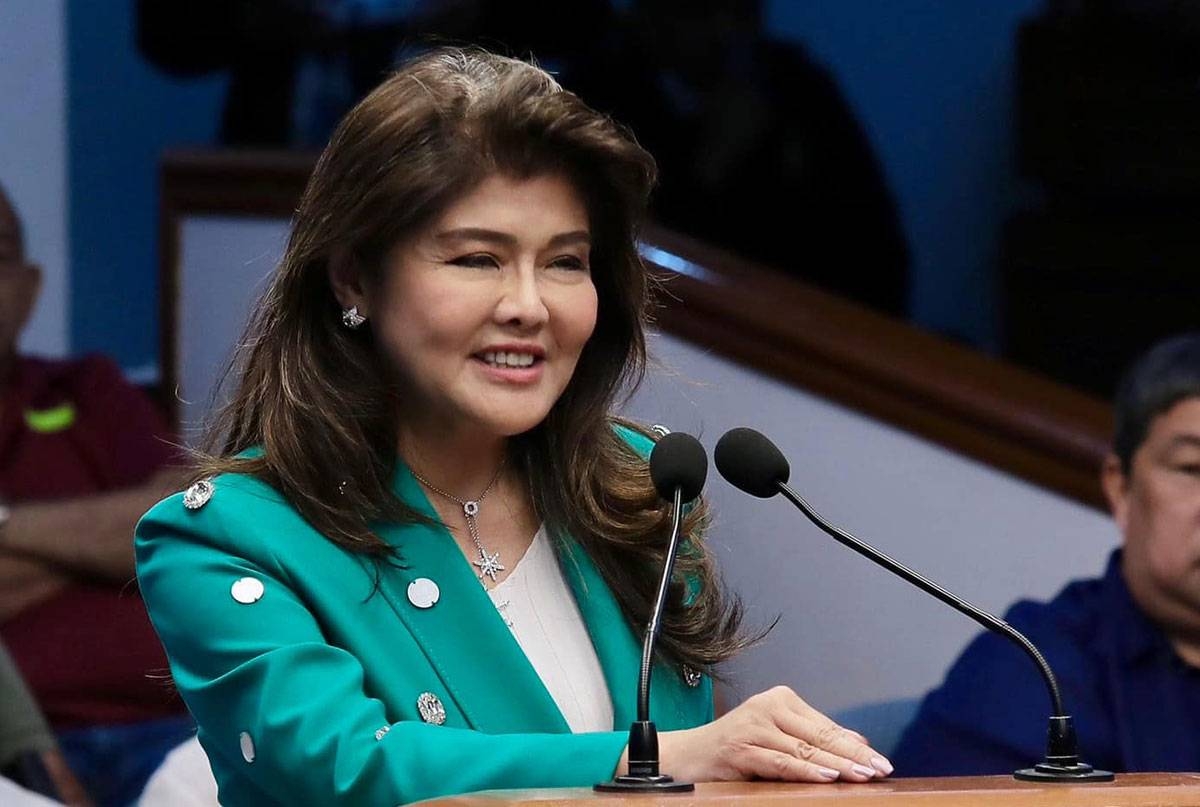The Senate is committed to supporting corrective legislation proposed by the Anti-Money Laundering Council (AMLC) to help the Philippines remove itself from the Financial Action Task Force (FATF) Gray List, according to Senator Maria Josefa Imelda “Imee” Marcos. This comes after President Ferdinand Marcos Jr. directed all relevant agencies to address and resolve the country’s “gray listing” issue.
To combat money laundering operations, Marcos stated that efforts are being made to regulate casino junkets. The inclusion of the Philippines in the FATF Gray List has been an ongoing concern, with the AMLC requesting corrective legislation from Congress in every session.
One of the key issues raised by the FATF in June 2021 was the potential for money laundering through casino junkets, as well as the lack of prosecution in terrorism funding cases. Additionally, the FATF highlighted the need for effective risk-based supervision of nonfinancial businesses and professionals, as well as improved access to beneficial ownership information.
Marcos acknowledged that while the Anti-Terror Act has been passed, the conviction rate has been lacking. This indicates the need for further action to address terrorism financing and strengthen the enforcement of anti-money laundering measures.
Senator Francis “Chiz” Escudero emphasized that the responsibility for removing the Philippines from the FATF Gray List lies with the executive branch. He noted that Congress has already passed laws amending the Anti-Money Laundering Act and the Anti-Terrorism Act to comply with FATF requirements. Instead of new legislation, Escudero emphasized the importance of improving regulations on money remittances, terror finance, and the government’s use of economic data to facilitate the country’s exit from the gray list.
AMLC Executive Director Matthew David expressed the Philippines’ goal of being removed from the money laundering “gray list” by the FATF this year. He stated that the country aims to address all identified deficiencies by 2024, triggering the process to exit the FATF gray listing.
In 2021, the FATF placed the Philippines on its “gray list” of countries subject to increased monitoring to combat money laundering and terrorist financing.
The Philippines recognizes the importance of addressing these concerns and is taking proactive steps to rectify the identified deficiencies. By implementing necessary legislative changes, improving regulations, and strengthening enforcement, the country aims to demonstrate its commitment to combating money laundering and terrorism financing.
Exiting the FATF Gray List is crucial for the Philippines as it will enhance its reputation in the international community and promote a more robust and secure financial system. The government’s collaboration with the Senate, AMLC, and other relevant agencies highlights the dedication to address these issues effectively.
As the Philippines continues its efforts to meet FATF requirements and strengthen its anti-money laundering measures, it is essential that all stakeholders work together to ensure a transparent and accountable financial system. By doing so, the country can regain the trust of the international community and position itself as a responsible and reliable player in the global fight against money laundering and terrorist financing.
The progress made by the Philippines in addressing the concerns raised by the FATF is a positive step forward. It demonstrates the country’s commitment to upholding international standards and reinforces its position as a responsible member of the global financial community.
By implementing the necessary changes and continuously improving its regulations and enforcement mechanisms, the Philippines is on track to successfully exit the FATF Gray List and strengthen its standing in the global fight against financial crimes.







